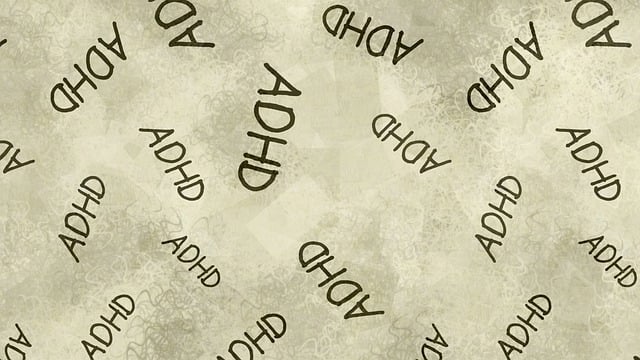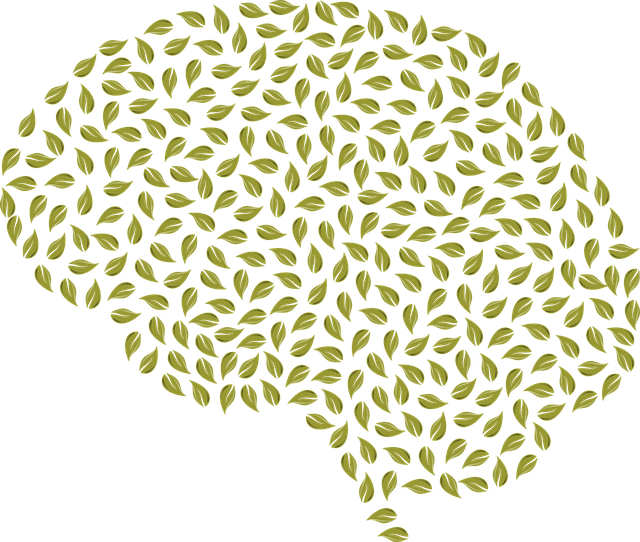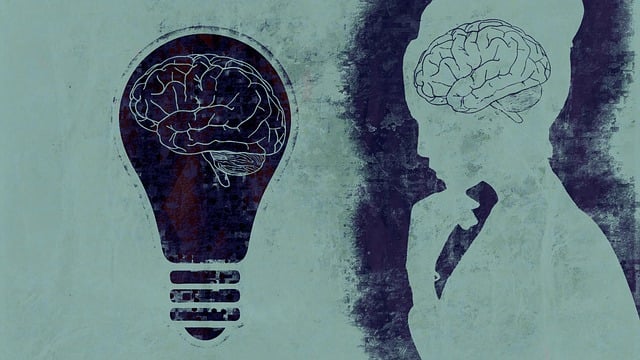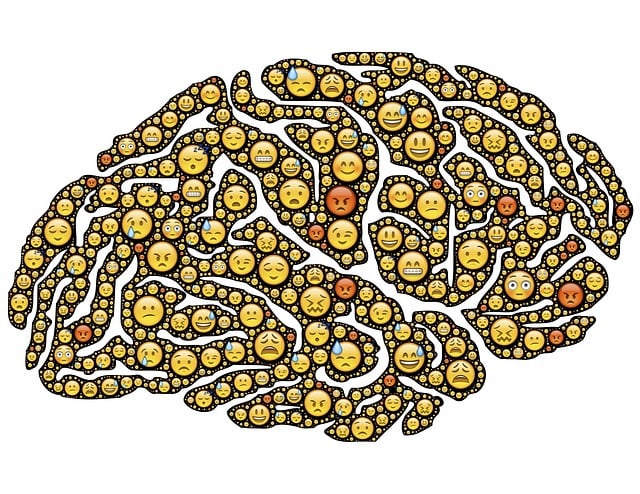Broomfield Depression Therapy emphasizes Resilience, Recovery, and Mental Health (RFM) as core strategies for tackling life's challenges. Using the RFM model—focusing on Relationships, Environment, and Meaning—the therapy encourages individuals to build mental fortitude, cope with stress and trauma healthily, and reduce mental health stigma. By teaching self-care, empathy, and inner flexibility, Broomfield Depression Therapy equips clients to prevent and manage depression, fostering long-term mental wellness through mastery of their mindset.
In today’s fast-paced world, building resilience is crucial for navigating life’s challenges. This article explores the Role of Functioning and Meaning (RFM) model as a powerful tool for enhancing mental fortitude. We’ll delve into how understanding RFM can empower individuals to cope with stress and adversity, specifically within the context of Broomfield Depression Therapy practices. By integrating RFM-based exercises, therapists can provide effective strategies to foster resilience, ultimately supporting clients’ long-term well-being.
- Understanding RFM and Its Role in Resilience Building
- Exercises to Enhance Resilience Using the RFM Model
- Integrating RFM into Broomfield Depression Therapy Practices
Understanding RFM and Its Role in Resilience Building

Resilience is a vital tool for navigating life’s challenges and adversities. Understanding RFM (Recovery, Resilience, and Mental Health) is key to fostering this quality. RFM encompasses a range of practices and strategies designed to strengthen an individual’s ability to bounce back from difficult experiences. It’s about building mental fortitude and adaptability, ensuring folks can cope with stress, trauma, or even everyday pressures in a healthy manner.
Broomfield Depression Therapy emphasizes the importance of RFM as an integral part of therapy and self-care routines. Empathy Building Strategies are at the heart of this approach, encouraging individuals to develop a deep understanding and compassion for their own and others’ emotions. Public Awareness Campaigns Development plays a significant role in normalizing conversations around mental health, reducing stigma, and providing valuable Crisis Intervention Guidance when needed.
Exercises to Enhance Resilience Using the RFM Model

Resilience is a crucial aspect of mental wellness, and the RFM model offers a structured approach to enhancing it. This model, often utilized in Broomfield Depression Therapy, focuses on three key areas: Relationship (R), Environment (F), and Meaning (M). By engaging in targeted exercises that strengthen these dimensions, individuals can build a robust resilience framework.
One such exercise involves cultivating strong relationships, which provide a solid support system during challenging times. Effective communication strategies are essential here; encouraging open dialogue with loved ones allows for better understanding and emotional validation. Additionally, creating or modifying one’s environment to be more conducive to mental health is another powerful strategy. This might include adapting routines, seeking new environments that promote peace, or even addressing physical spaces to foster a sense of calm and belonging. Equally important is finding meaning and purpose, which can be achieved through activities that align with personal values and beliefs, thereby enhancing overall mental wellness.
Integrating RFM into Broomfield Depression Therapy Practices

Incorporating RFM (Resilience, Flexibility, and Mastery) principles into Broomfield Depression Therapy practices offers a transformative approach to treating and preventing depressive episodes. By focusing on these key aspects, therapists can empower individuals to develop coping mechanisms that foster resilience in the face of life’s challenges. This involves teaching clients effective self-care practices and empathy-building strategies, allowing them to navigate emotional turbulence with greater ease.
Broomfield Depression Therapy, enhanced by RFM techniques, moves beyond traditional symptom management. It encourages individuals to cultivate an inner sense of flexibility, enabling them to adapt to stressful situations without succumbing to depression. Through this holistic integration, therapists can aid clients in unlocking their inherent strength and mastery over their mental well-being, ultimately promoting long-term depression prevention.
The RFM model offers a powerful framework for enhancing resilience and mitigating depression, as evidenced by its integration into Broomfield Depression Therapy practices. By understanding an individual’s Resources, Factors, and Motivations, therapists can tailor interventions to strengthen clients’ coping mechanisms and promote well-being. Exercises focused on these dimensions, as discussed, provide practical tools to build resilience, offering hope and a path forward for those navigating mental health challenges.












